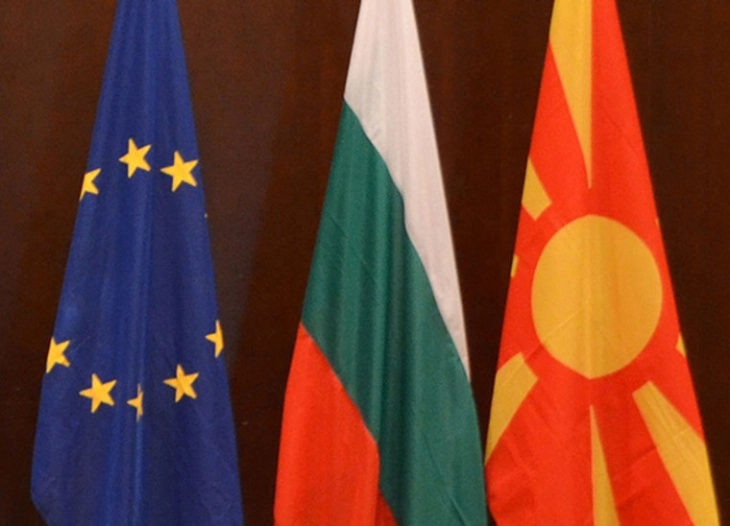EU negotiations to stop without constitutional changes: Union sources
- North Macedonia started the EU accession negotiations on July 19 last year, the bilateral screening is successfully developing and should be completed by the end of 2023. The constitutional c

Skopje, 26 January 2023 (MIA) – North Macedonia started the EU accession negotiations on July 19 last year, the bilateral screening is successfully developing and should be completed by the end of 2023. The constitutional changes are a condition for continuation into the second stage of the accession negotiations, but also progress of reforms, say Union sources.
The EU sources say this is an obligation arising from North Macedonia’s bilateral discussions with Bulgaria over the incorporation of the Bulgarian community in the Constitution. This is the country’s sovereign choice, whereas North Macedonia has a strong dossier when it comes to interethnic relations. Once the issue was presented, there was not much opposition except for one party, but it then turned into a highly politicized issue.
It remains to be seen, they add, if consensus will be reached and the required two-thirds parliamentary majority is achieved over the constitutional revision, whereas the end of the screening by the year-end will represent a critical moment.
“If this fails to happen, the process will stop at that point,” says the EU.
Goodneighborly relations are a crucial part of the accession process and the implementation of bilateral agreements such as Prespa or the Friendship Treaty is expected in good will and from all parties, say Union sources and add that Brussels does not want to import disputes.
Despite the concerning statements coming from certain individuals, aimed to undermine bilateral relations and good results in trade exchange, the EU sources claim it is in the interest of both Bulgaria and North Macedonia to maintain goodneighborly relations and lower tensions, whereas the two governments to continue discussions.
There is optimism over the constitutional changes, with prospects seen in creating conditions for their support through rational discussions with all political stakeholders on why such changes are needed, what implications they’ll have, and especially regarding the country’s strategic goal of EU membership, says the Union.
On the opposition’s stance against the constitutional changes and insisting on getting guarantees from the EU that Bulgaria would not put new blockades after their adoption, EU sources say it is difficult to imagine what guarantees the Union could give that a fresh veto would not emerge at any point of the negotiations. However, they recall that both (Council President Charles) Michel and (European Commission President Ursula) von der Leyen provided strong assurances in Skopje that it would not be allowed for issues related to history, language and identity to be used as reasons to stop the country’s progress. They add the EU and member-states are “very interested” in not allowing these issues to become part of the negotiating process.
The country should focus on its long-term goal – EU membership – by implementing the European reform agenda and the constitutional revision procedure, which is rather complex, underline the EU sources.